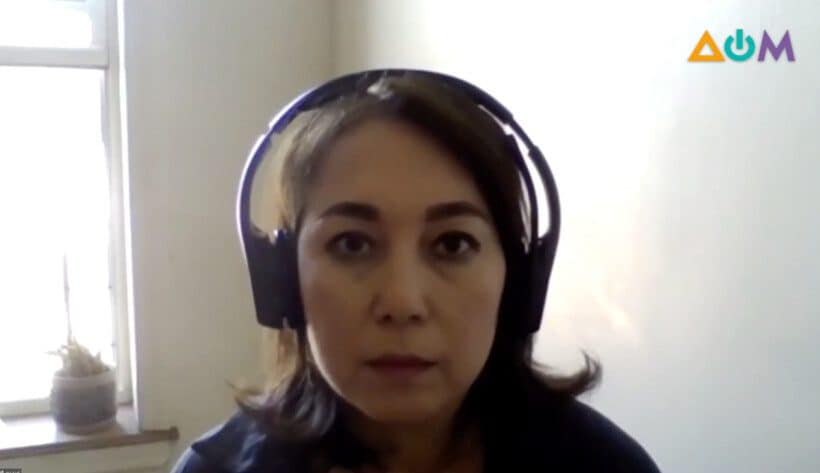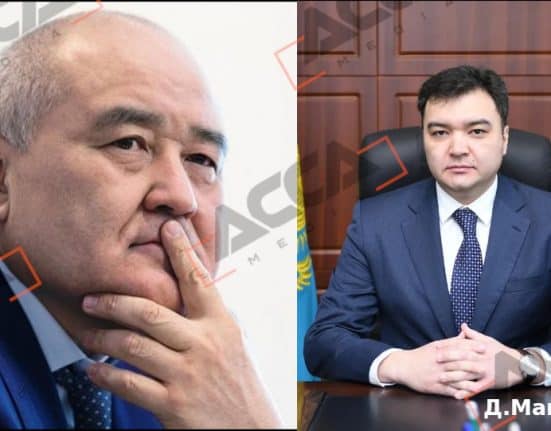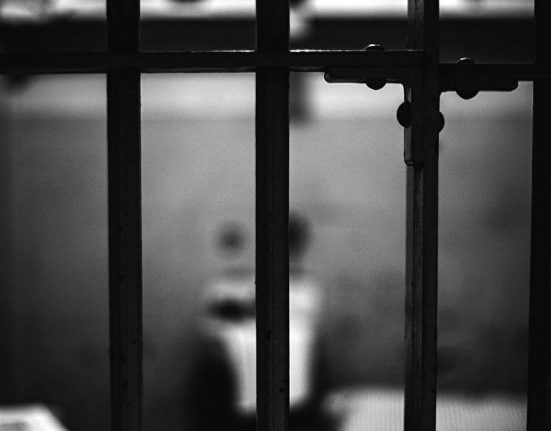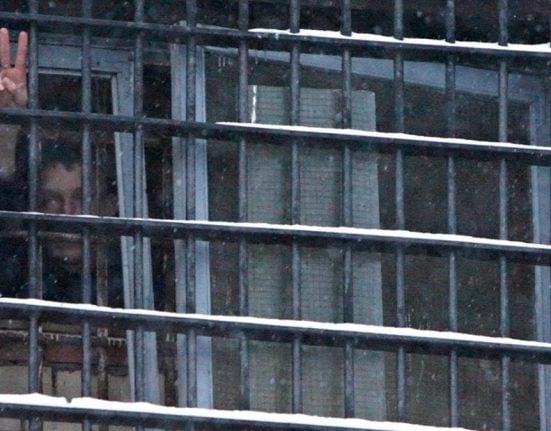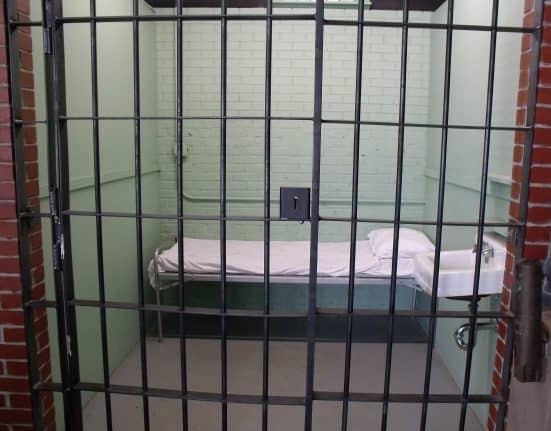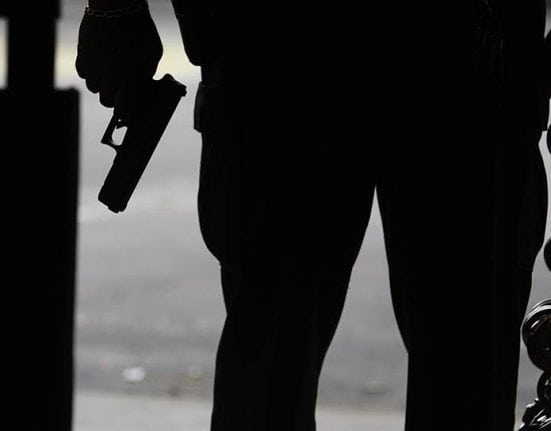For five hours on August 30, the country’s authorities held the Committee to Protect Journalists (CPJ) program coordinator in Europe and Central Asia, Gulnoza Said, at the airport. An employee of the organization was initially denied entry and ordered to remain in the transit zone until the departure of the flight to New York, scheduled for September 1.
The reason for the refusal was the inclusion in a certain list of persons undesirable to the state. Gulnoza Said told the Ferghana news agency that prior to the current situation, she was allowed into Uzbekistan without any problems five weeks ago and released two weeks ago. The agency then deleted this detail, changing the text of the message after Gulnoza Said was still allowed to go through border control, and met with loved ones.
In a press release distributed, CPJ President Jodi Ginsberg stated that “Said has not worked in Uzbekistan and we consider the denial of her entry into the country a form of harassment designed to intimidate her for her work outside the country covering and supporting journalists.”.
Late in the evening of the same day, a laconic text of the Public Foundation for the Support and Development of National Mass Media was published on a social network. It says that “information appeared on the Internet that Gulnoze Said, program coordinator of the New York-based NGO Committee to Protect Journalists in Europe and Central Asia, was denied entry to Uzbekistan. The Mass Media Fund promptly sent a corresponding request on this matter to the state bodies regulating the issues of exit and entry into Uzbekistan. According to the information received, the incident was resolved, and Gulnoza Said received permission to enter the country.”
“Not so long ago, Komil Allamjonov headed the board of trustees of the fund, and at the end of July he was appointed to the position of deputy head of the presidential administration,” the ACCA expert explains. “Now the official is responsible for the study of public opinion and information policy and it is in his interests to get rid of the negative effect of the incident in communications with the international community.”
In November 2021, Polish journalist Agnieszka Pikulicka was also refused entry by Uzbek border guards when Kazakhs refused a pass due to COVID-19 restrictions.
The Uzbek Foreign Ministry “as a kind gesture” promised that they could take her to the Tashkent airport and buy a ticket to Turkey, stopping by her house to pick up her belongings. But she refused because it would only take 10 minutes to get ready.
“I came to Uzbekistan over 3 years ago in the hope that change is possible. I am leaving with the conviction that no systemic changes will occur under the current government, ”she wrote then.
